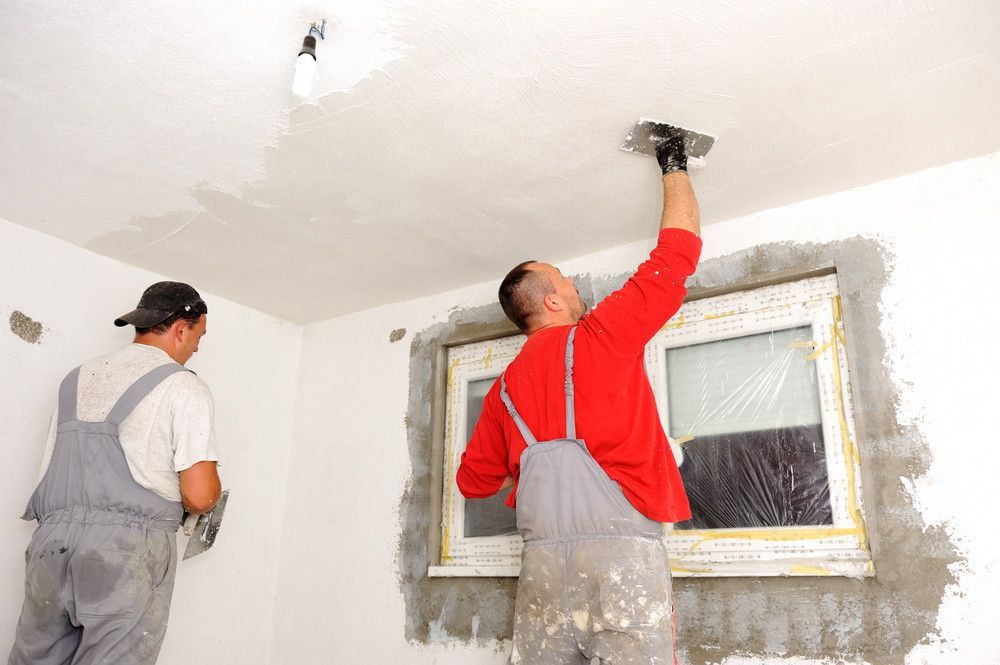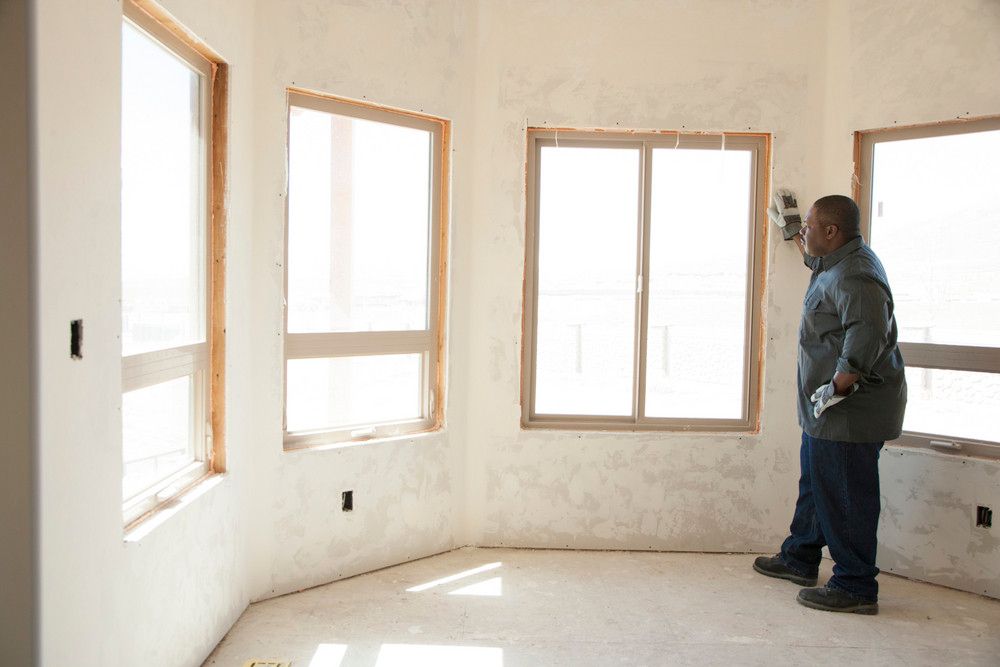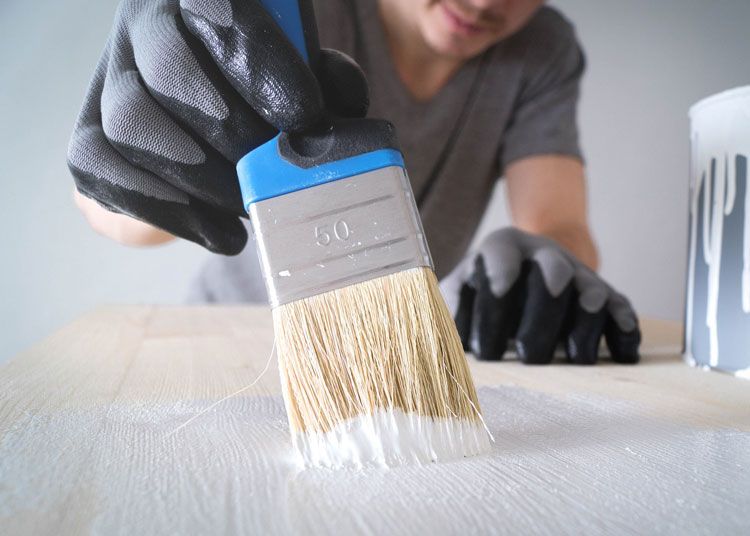What Happens When Drywall Has Too Much Moisture?
Basement flooding is becoming increasingly widespread due to the heavy, continuous rains that have been falling in several regions of the country. While drywall is a very strong material, it can be damaged if exposed to water for an extended period. Its structural integrity may deteriorate, causing it to become mushy and feeble. You may be able to salvage the drywall depending on the type of water it was exposed to and how wet it became. According to Kett.com, a moisture level of up to 17% indicates that the drywall is recoverable, but anything beyond 17% indicates that the drywall has been damaged and must be replaced or cannot be utilized. That said, time is of the essence when it comes to avoiding mold damage. Below are steps you can take to determine the extent of the damage.
Test the Drywall
There are two methods for inspecting your drywall for dampness. To begin, a non-penetrating moisture meter can be used. The second option is to take off the baseboards and attempt punching holes in the drywall below with a screwdriver. The drywall is damp if it is mushy, and the screwdriver readily penetrates it.
Inspect the Wall Interior
Next, use a penetrating moisture meter to inspect the interior wall for moisture. This can also be accomplished by drilling a large enough hole to check for dampness on the studs. If you come across any insulation, examine it for moisture, especially if it's composed of fiberglass or cellulose.
Replace Moisture-Damaged Walls
If moisture is discovered, you will need to cut two feet up the wall to extract the insulation and wet drywall. Both can retain water for an extended period. Mold clusters can form within the wall if the moisture-damaged components are not removed. Furthermore, insulation loses its R-value when wet, necessitating the replacement of old insulation.
Contact a Professional
The removal of mold-riddled materials is not for the inexperienced. It's best to call in a trained professional to do this job, or you could end up with mold spores spreading throughout the house. Not only would this require additional cleaning, but the spores could also affect your home's indoor air quality and cause asthma, allergies, and other respiratory conditions among vulnerable family members.
If you detect wall moisture in the aftermath of heavy rains or flooding, it's critical that you promptly contact a professional for drywall repairs. Drywall repair requires expertise, and attempting to do it yourself can result in issues. Do you need drywall repair? Give us a call today to get it done by an expert!
Share:
Search:
Recent Posts








